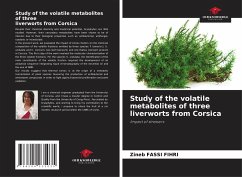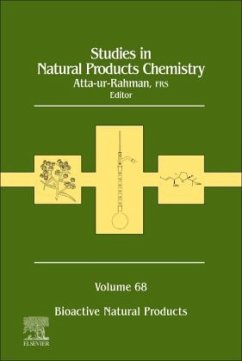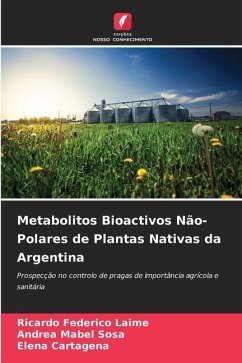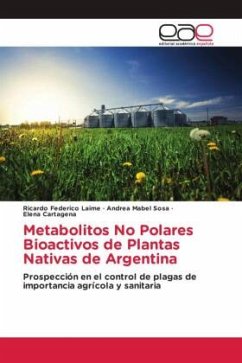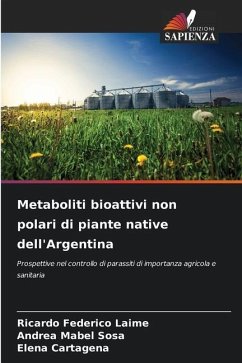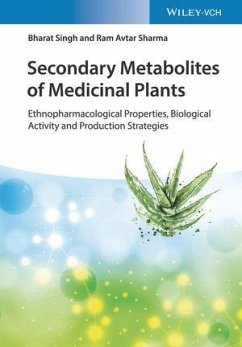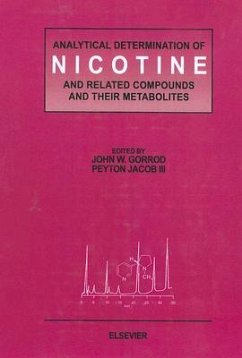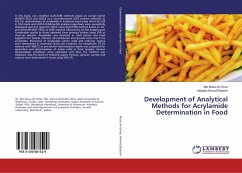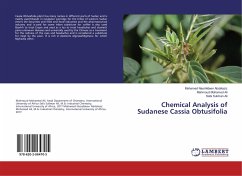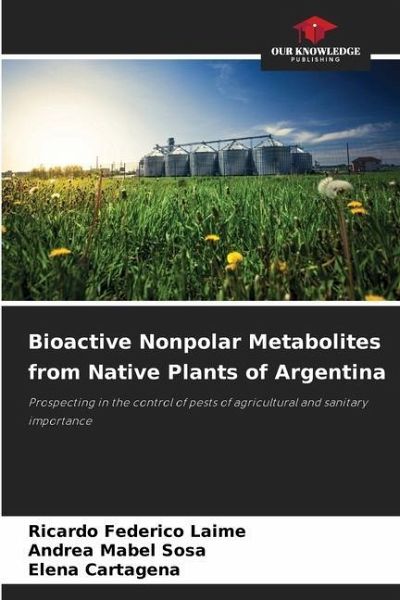
Bioactive Nonpolar Metabolites from Native Plants of Argentina
Prospecting in the control of pests of agricultural and sanitary importance
Versandkostenfrei!
Versandfertig in 6-10 Tagen
29,99 €
inkl. MwSt.

PAYBACK Punkte
15 °P sammeln!
Insects are one of the main pests of stored grains and their by-products. The need to control them until their total elimination leads to an incorrect use of chemical insecticides. An ecologically safer alternative is the application of secondary plant metabolites for their control. The authors studied the repellent and/or insecticidal activity of low polarity metabolites isolated from three native species: Merremia dissecta (Jacq.) Hallier f., Lepidaploa remotiflora Rich. and Adiantum lorentzii Hieron. against stored grain and crop pests. Extracts of the studied species were analyzed by thin ...
Insects are one of the main pests of stored grains and their by-products. The need to control them until their total elimination leads to an incorrect use of chemical insecticides. An ecologically safer alternative is the application of secondary plant metabolites for their control. The authors studied the repellent and/or insecticidal activity of low polarity metabolites isolated from three native species: Merremia dissecta (Jacq.) Hallier f., Lepidaploa remotiflora Rich. and Adiantum lorentzii Hieron. against stored grain and crop pests. Extracts of the studied species were analyzed by thin layer chromatography and gas chromatography coupled to mass spectrometry, determining the presence of triterpenic compounds (TTP) in the GC-EI-MS profile. The TTP-enriched fractions showed promising activity against Tribolium castaneum Herbst and Armadillidium vulgare L., cosmopolitan pests of economic and sanitary importance. The reported results are unpublished and contribute to the prospection and development of selective biorepellents with less environmental impact.



